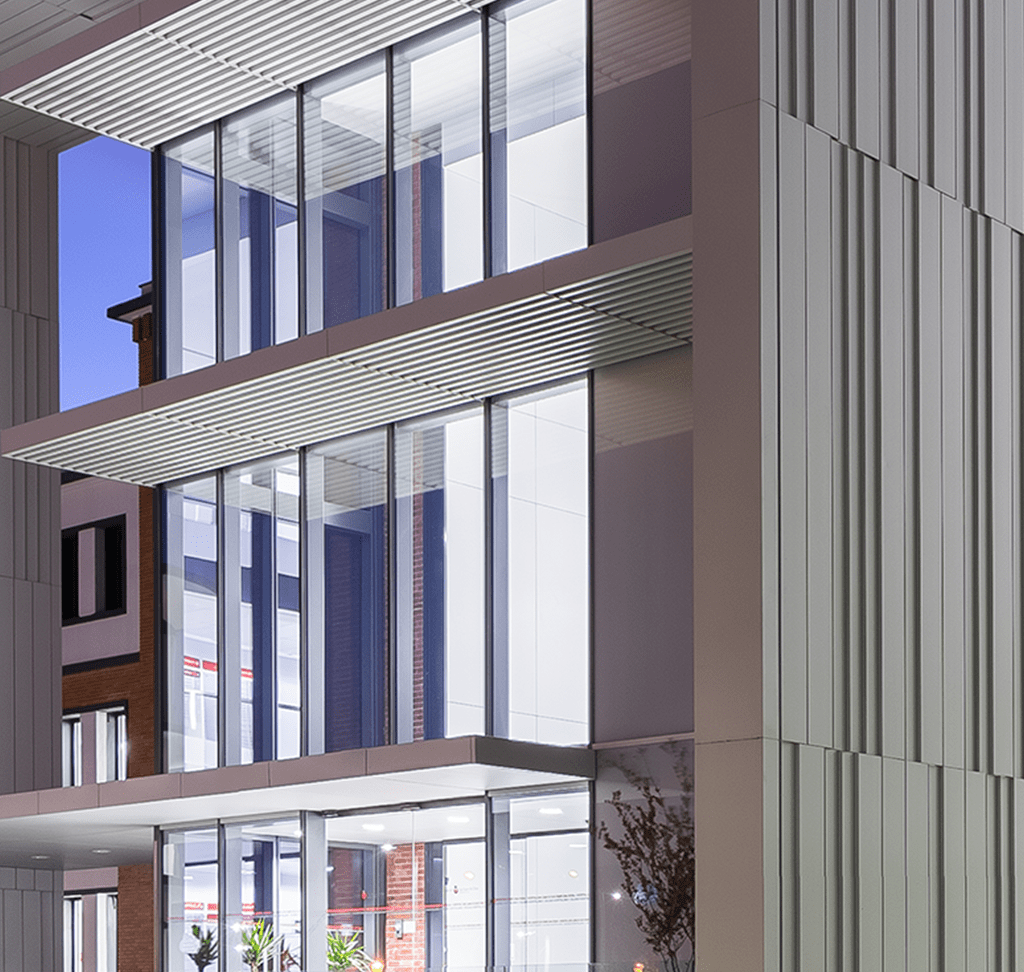Market Fundamentals Affected by COVID-19 and Uncertainty
A Note Regarding COVID-19
As we publish this report, the U.S. and the world at large are facing a tremendous challenge, the scale of which is unprecedented in recent history. The spread of the novel coronavirus (COVID-19) is significantly altering day-to-day life, impacting society, the economy and, by extension, commercial real estate.
The extent, length and severity of this pandemic is unknown and continues to evolve at a rapid pace. The scale of the impact and its timing varies between locations. To better understand trends and emerging adjustments, please subscribe to Colliers’ COVID-19 Knowledge Leader page for resources and recent updates.
Kansas City Industrial Overview
Following a strong first quarter in 2020, second quarter figures are the first barometer of COVID-19 related challenges and showed continued positive gains in the industrial real estate sector. The overall vacancy rate in Kansas City remained unchanged at 6.0% by the end of Q2 2020. The vacancy rate has declined by 40 basis points relative to this time one year ago. A total of 401,906 SF of net absorption occurred throughout Q2 2020, well off the pace of previous quarters, however in line with quarterly deliveries. A total of 542,000 SF was delivered during the first quarter. Stable asking rents and healthy construction pipeline on BTS and speculative development remain in focus for the Kansas City market. Several projects currently under construction are expected to be delivered in the second half of 2020, with many projects pre-leased. Expect positive absorption figures to increase significantly in the back half of 2020 as a result of anticipated industrial product being delivered throughout the metro.
The Effects of COVID-19 and the Industrial Market
As anticipated, the industrial sector continues to outperform and recover faster than other major commercial real estate sectors nationally and throughout the Kansas City metro. The continued growth in e-commerce sales across the U.S. remains a top demand driver for the industry. As of Q2 2020, e-commerce accounted for a total of 11.8% of retail sales, up from 11.3% in the previous quarter, a record for online shopping. As companies continue to make strategic decisions to keep more inventory on hand, and e-commerce growth beats expectations, the industrial sector will continue to benefit from these trends in defiance of the pandemic as the rest of the economy’s recovery is ongoing.
The increasing reliance on e-commerce for basic goods fueled demand for industrial bulk space as supply chains continue to be right-sized, shifting away from the former “lean” inventory strategies. Despite the global pandemic slowdown, U.S. occupier activity in bulk industrial space increased significantly throughout the country showing evidence of the need for warehouse and distribution space. E-commerce only occupiers, such as Amazon, accounted for 20.9% of transactions during Q2 2020, exceeding third-party logistics and packaging companies (3PLs). However, when combined with Q1 2020 totals, e-commerce falls to 14.1% of total transactions as 3PLs accounted for 23.0% of all transactions at mid-year.
Even as global supply chain management has matured, the global pandemic of COVID-19 has served as the latest reminder of the fragility inherent in thinly stretched global supply chains. The pandemic’s impact is sparking a new dialogue on how to source goods from a global market that minimizes both time and cost, while also being less susceptible to interruption through diversification and onshoring components. From a manufacturing standpoint, the Institute for Supply Chain Management’s PMI index registered 52.6% in June, up 9.5% from the May reading of 43.1%. This figure indicates expansion in the overall economy for the second straight month after April’s initial contraction, which ended a period of 131 consecutive months of growth.
Recent Activity Around the Metro
The Kansas City industrial market remained active throughout Q2 2020. Online pet retailer Chewy is expected to open a new 796,000 SF fulfillment center in Belton, Missouri at the Southview Commerce Center. In Wyandotte County, Turner Logistics Park leased nearly 300,000 SF to Harte Hanks, the first announced tenant within the industrial park. In Lenexa, Thermo Fisher Scientific leased 120,000 SF. The biotech company will use the building for COVID-19 sample collection and transportation. Lenexa Logistics East announced the first tenant within their park. MAVS Volleyball has leased 70,000 SF within the first building that is currently under construction.
Several industrial buildings are currently being built throughout the Kansas City metro, with expected deliveries in the second half of 2020. Currently there is over 5.6 million SF under construction with nearly 5 million SF of deliveries anticipated between now and the end of 2020. Deliveries will included new buildings at LPKC, Southview Commerce Center, Northland Park, Turner Logistics, KCI Logistics, Riverside Horizons, Heartland Logistics and Meritex.




.ashx?bid=2c3f8386cf504a8d8ca5b714081ece58)







